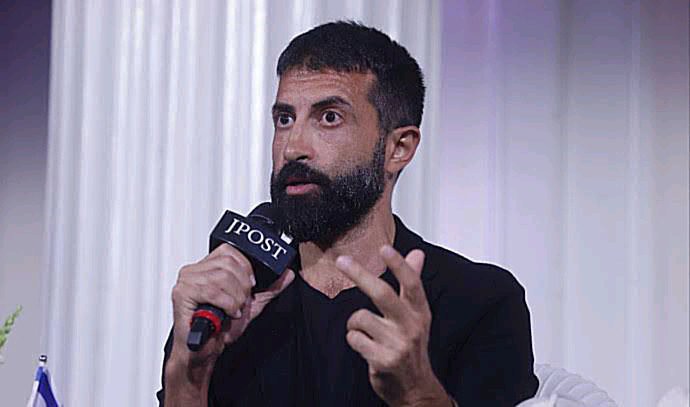In a recent statement on his verified Twitter account, Mosab Hassan Yousef, a prominent Palestinian activist and son of a Hamas leader, expressed strong criticism toward Muslim leaders for their efforts to secure a ceasefire in the ongoing Israel-Hezbollah conflict.
According to Yousef, these leaders have been using their political influence, wealth from oil, and connections with Western leaders to pressure Israel into accepting a ceasefire, a move he believes is aimed at saving Hezbollah from defeat.
Yousef argued that none of these leaders have demanded that Hezbollah halt its aggression, which began on October 8, 2024. Instead, he accused them of betting on Hezbollah and other Islamist groups, hoping that Israel would eventually declare defeat. He noted that these efforts have prioritized political and ideological goals over lasting peace.
Yousef insisted that a ceasefire should only occur once Hezbollah, Hamas, and the Islamic nuclear program are completely dismantled. He warned that as long as these forces remain intact, violence would persist. Furthermore, he emphasized that Islamists, along with the broader Muslim world, need to understand that violence is a dead-end strategy and that the dream of building an Islamic empire through destruction must be abandoned.
This statement by Yousef, who has been outspoken in his criticism of Islamist groups despite his familial ties to Hamas, underscores the deep divisions within the Middle East over how to address the ongoing violence between Israel and militant factions like Hezbollah.

